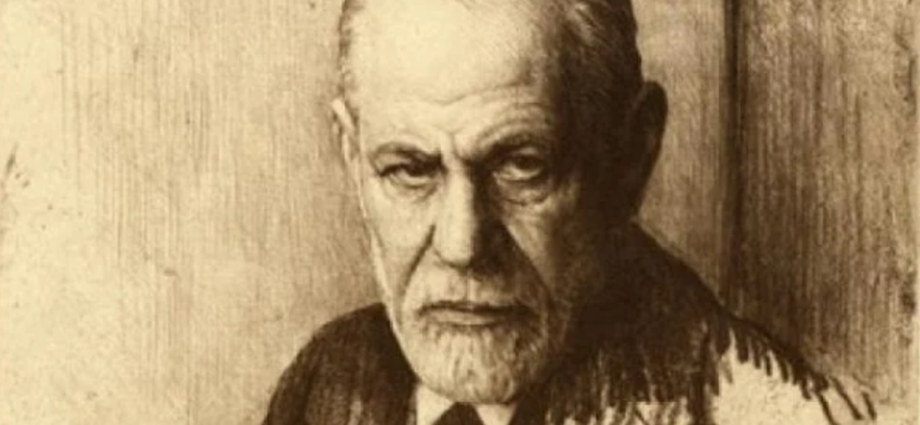|
|
The ancient Greeks spoke of and were acquainted with the violence of emotional excess, which they called “madness” or “frenzy.” However, it wasn’t until the work of Sigmund Freud (1856-1939) that we gained an insight into the “passions” and the origin of emotional disorders, as well as the general theory of neuroses and neurotic character as consequences of emotional repression.
For Freud, the primary factor is not the conflict between reason and emotion, or in his language, between the ego and the id. It is rather repression which results from such conflict. On the one side is the Ego, which “stands for reason and circumspection.” It has the task of representing the outside world, or expressing what Freud calls “the reality princple.” Associated with the ego is the Superego: “the vehicle of the ego-ideal, by which the ego measures itself toward which it strives, and whose demands for ever-increasing perfection it is always striving to fulfill.” On the other side is the Id, which stands for the untamed passions “and is the source of instinctive life.”
The Ego as Mediator
The ego, according to Freud, is constantly trying “to mediate between the id and reality.” To measure up to the ideal established by the superego and society’s moral codes, so as to dethrone “the pleasure principle,” which holds that every wishful impulse must be immediately gratified. The ego wants everything now (have to, need to, must), and expects undisputed sway over the processes in the id, to substitute in its place “the reality principle,” which says we can’t have everything we desire. That we must take into account the world we live in for its promises of security and success. But sometimes it fails in this task. Sometimes the ego, supported by the superego, represses the emotional or instinctual impulses, that is, prevents them from expressing themselves overtly.
Festering Feelings
Freud’s great insight is that repressed emotions do not decrease and disappear. On the contrary, their dammed-up energies accumulate and like a sore, they fester inwardly. Together with related ideas, memories and wishes, the repressed emotions form what Freud calls a “complex” which is not only the nucleus of an emotional disorder, but also the cause of neurotic symptoms and behaviors. These include phobias and anxieties, obsessions or compulsions, and the various physical manifestations of hysteria, such as blindness or paralysis that has no organic basis.
Shadowy Complexes
The line between neurotic and normal is shadowy. Repressed emotional complexes are, according to Freud, often denote hidden or latent psychological significance, such as slips of the tongue, forgetting the content of dreams, job and relationship choices, all usually regarded as accidental. Freud sometimes insisted that all rational processes – both thought and decision – are emotionally determined, and that most or all reasoning is nothing but the rationalization of emotionally fixed prejudices or beliefs.
This report is not a diagnosis. We hope this information can guide you toward improving your life.
Review our Knowledge Base or the links displayed on this page for similar and related topics.

